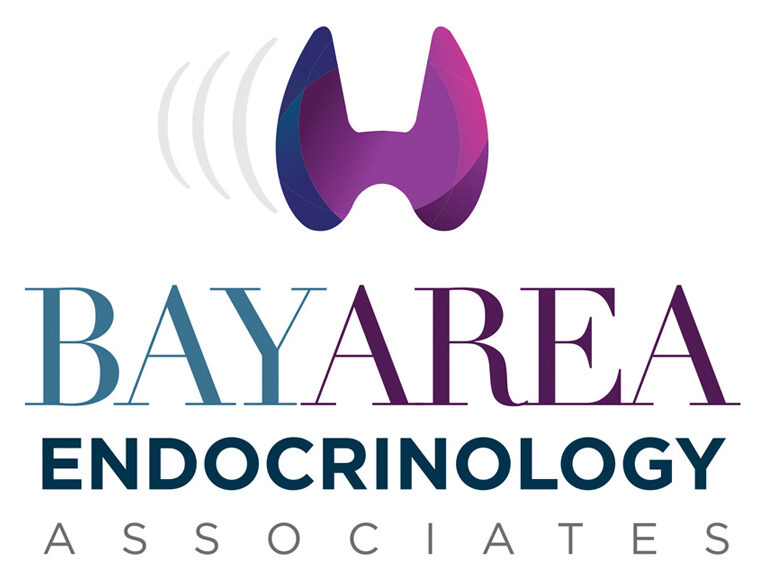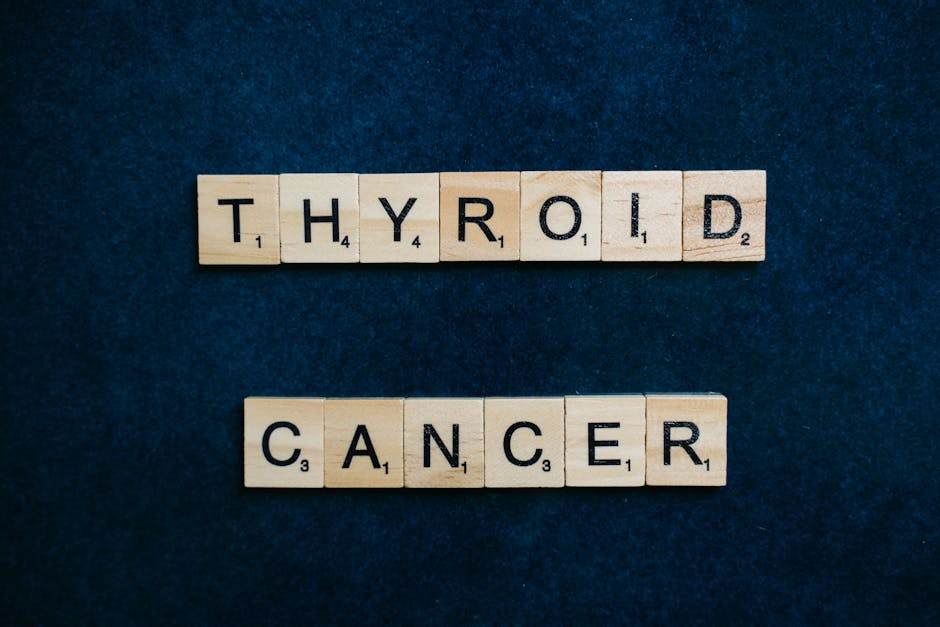Health conditions such as diabetes, hypertension, and thyroid have various signs and symptoms. Identifying the warnings in advance is essential. It helps you seek early medical attention. Diagnosis and early treatment prevent the long-term effects of these diseases. Read on to discover the early warning signs of thyroid complications and seek medical assistance early.
Gastrointestinal Problems
Endocrine complications have a significant impact on the digestive system. People with these complications are more likely to experience low acid secretion causing malnutrition due to reduced absorption of nutrients. Low stomach acid also leaves you susceptible to bacterial growth, consequently increasing your susceptibility to infections. Fortunately, with the services of an endocrinologist, you can mitigate the effects.
Hypothyroidism is linked to an esophageal infection that leads to heartburn. It is also associated with delayed gastric emptying, which might lead to vomiting and nausea. In extreme conditions, you will experience abdominal discomfort and bloating. It also causes problems with blood sugar levels.
Lumps on the Neck
Swelling in your neck is not always due to thyroid cancer. However, a thorough investigation is vital. According to research, one in every 20 cases of neck lumps results from cancer. Others are caused by non-cancerous swellings known as goiters.
Seek medical attention for the lump if it lasts two to three weeks. Your doctor will examine the swelling effectively and give the appropriate recommendations.
Hair Loss
Hair loss in thyroid complications involves the entire scalp rather than patches on your head. Your hair appears thin and scarce all over. Although hair loss can be due to other factors, if you notice any changes in your hair growth and cycling, it would be best if you sort medical assistance to rule out endocrine disorders.
Fortunately, regrowth is possible with the advanced treatment of the disease. However, keep in mind that it may take an extended period, and you might not ultimately achieve the growth and volume you had initially.
Aside from consulting a doctor, you can try home remedies such as increased iron intake to boost your regrowth. Also, avoid anti-inflammatory foods and regulate iodine intake. Make sure to inform your physician before trying any home remedies.
Eye Problems
The disorder also impacts your vision. It causes an autoimmune disease that makes your eyes watery or dry. You might notice that your eyes are gritty and more sensitive to light. Moreover, it causes problems with vision; you are likely to experience double vision.
In extreme circumstances, it becomes difficult to close your eyes. They may even bulge outward with swelling in the eyelids. At times, the front of the eyes also appears swollen.
To diagnose the condition, visit a physician for vision and color testing. They’ll also perform eye pressure measurements and readings. Also, they’ll examine the optic nerve and recommend you to an optician if necessary.
Memory Problem
Memory loss is common among people with endocrinal disorders. Conditions such as Grave’s disease result from hyperthyroidism. It lowers the concentration span and slows your reaction to situations.
In addition, your internal and external organization to the things in the surroundings is reduced. Ultimately, the effects lead to a memory lapse.
If you suffer from an underactive disorder, the production of hormones slows down and causes brain fog. It affects the brain areas responsible for memories, consequently causing forgetfulness. It also makes it difficult for you to develop cognitive abilities.
Although it is possible to attain back your memory, you are required to take the prescribed medication regularly and correctly. In addition, visit your endocrinologist for follow-up appointments and routine checking.
Weight Changes
Unexplained weight change is among the early signs of thyroid disorder. Hypothyroidism is associated with obesity since hormones are highly produced. An endocrinologist recommends eating a balanced diet to reduce the effects.
Eating meals rich in vegetables, lean meat, and fruits would be best. They have fewer calories, thus allowing you to lose weight. On the other hand, low hormone levels lead to hyperthyroidism. The condition causes unexpected weight loss due to accelerated metabolism.
In this case, the body consumes a lot of energy while resting, hence weight loss. Your doctor might recommend foods rich in vitamin D and omega 3 to prevent excessive weight loss. Also, avoid too much intake of iodized salt.
Sensitivity to Temperature Changes
Endocrinal disorders increase your sensitivity to hot and cold weather. Your metabolism slows down, which lowers the core body temperature. This causes low tolerance to cold. You will feel cold even during the hot summer months.
Additionally, the condition controls the heartbeat, which results in poor circulation. Improper blood circulation causes cold feet and hands.
Hyperthyroidism is the vice versa of an underactive disorder. The body’s metabolism rate increases, resulting in high heat emissions from your body. Moreover, the cutaneous blood flow increases, causing warmth in the palms and elbows. Extreme heat causes redness in the face.
Skin Problems
Although the condition is in the neck region, your dermatologist will likely notice unusual skin tone. Your nails are also affected; they will appear swollen with a curved fingertip. Additionally, the skin above the nail thickens and develops horizontal ridges running from side to side.
In hypothyroidism disorder, your epidermis tends to be pale due to low water content. In addition, your skin appears cool and dry with a lot of itchiness—the coldness results from slow metabolic reactions and low body temperature.
On the end of the spectrum, an overactive condition causes oily skin. Your body overproduces hormones that add moisture to the skin pores and hair follicles. Water on the epidermis leads to acne and breakouts.
Mood Swings
Among other conditions, hyperthyroidism and hypothyroidism are known to cause mood changes. The more severe the illness is, the more extreme the mood changes. With the overactive condition (hyperthyroidism), you experience panic attacks, tension, anxiety, and impatience. In addition, you become extremely sensitive to noise.
Contrary, with the underactive condition, you feel stressed and overwhelmed. You also experience tearfulness and dulling of your personality. This can also happen due to side effects of treatments such as beta-blockers. They slow the heartbeat and make you tired and depressed.
Many symptoms of endocrine issues cause mood swings and depression disorders. Seek faster medical attention to avoid the psychological effects.
Are you experiencing the above symptoms and are in need of professional diagnosis and treatment in Florida and surrounding areas? Look no further. Dr. Pedro, I Troya has excellent skills to handle all your complications. Contact Bay Area Endocrinology Associates to book an appointment.







